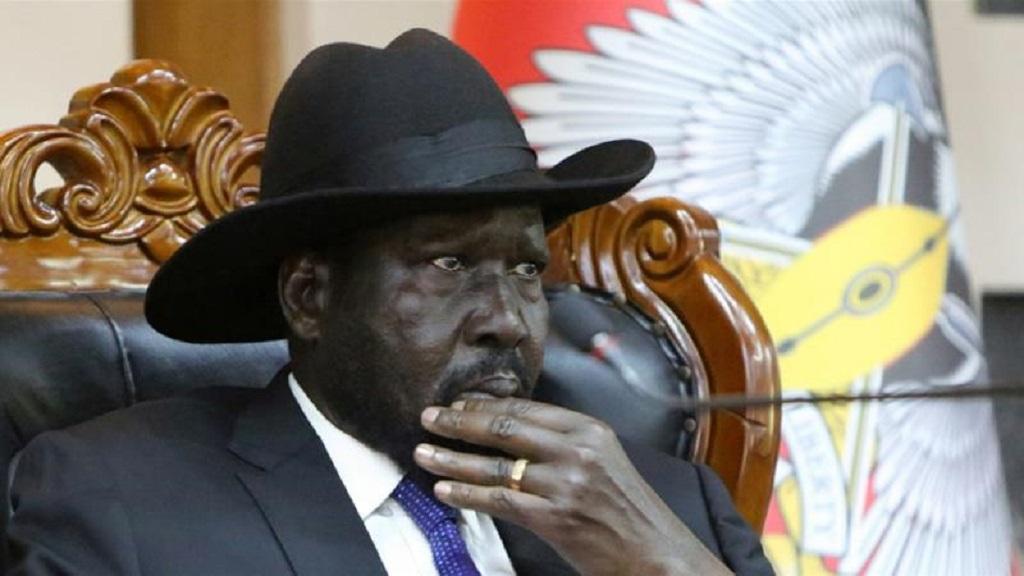Africa-Press – South-Sudan. South Sudan’s Ministry of Finance and Planning has warned that the ministry is facing hard times to implement the 100 percent civil servant and army salary increment that was announced by President Salva Kiir Mayardit in July.
Speaking during a presentation at the 5th Governors’ Forum in Juba on Friday, First Undersecretary of the Ministry of Finance and Planning, Carlo Ocum, said the new salary structure directed by President Kiir has outstretched existing fiscal budget by around 300%.
“On the issue of salaries, I want to clarify here that I am glad that the national ministers who are here [were present] when we presented the budget; the tough issue was salary increase. There was a [problem] that when you try to capture this into the budget, it was really above the budget of the Republic of South Sudan,” Ocum said.
The senior government official further said the ministry had a proposal that would see the salary increment on hold until the next fiscal year, but was rejected by the Council of Ministers.
“We suggested we put it on hold and implement it the following year when resources are available, but this was not accepted. We went back and did our homework, and we tried to create a policy on how to accommodate this problem; it was giving the deficit of over 300 cash percentage from the budget,” said Ocum.
“Then we put two scenarios if we withdraw 50 per cent of that budget, but still it was weighing above the resources. So we said ok we commit to increasing, but let us resort to what the current payments [are] before going on to double it. We just take the challenges of the previous physical year we must divide it by two,” Ocum added.
For his part, minister of information Michael Makuei who doubles also as the government spokesman the budget was high in total and that the council directed the request of supplementary budgets in areas that were not covered in the proposed budget figure.
“It was observed that in case of any shortcomings, the ministries and minister of finance are free to make supplementary budgets in areas which are not yet fully covered by the budget,” he said.
For More News And Analysis About South-Sudan Follow Africa-Press






